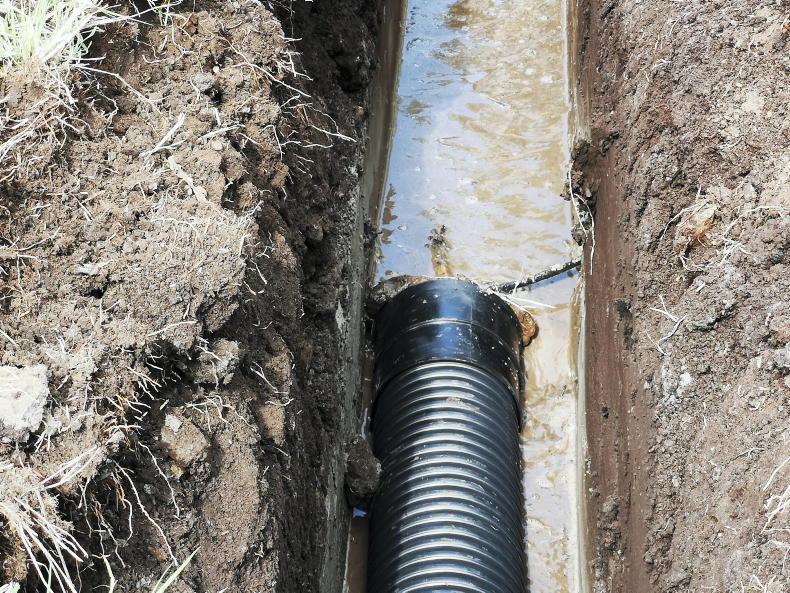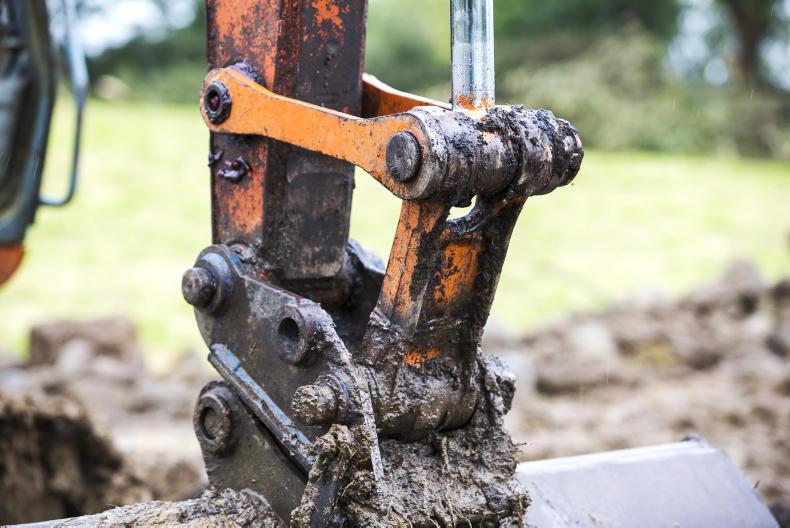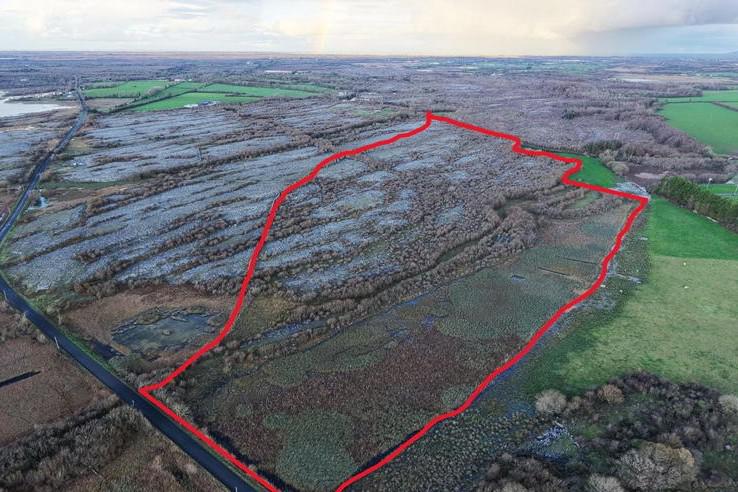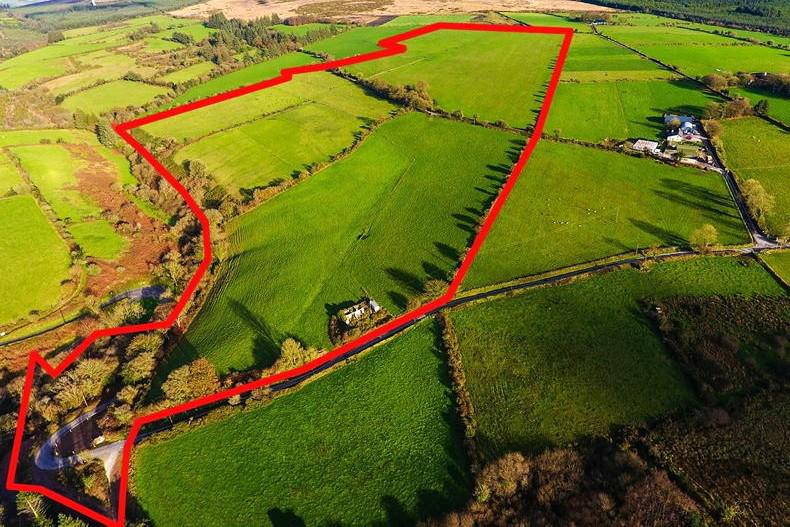The European Commission is considering a law which would limit the drainage of wetlands and organic soils and which would make it legally binding to restore managed and drained peatlands.
Under the new EU Soil Strategy, this law would maintain and increase soil carbon stocks, minimise flooding and drought risks, and enhance biodiversity.
The Commission said it would also take into account the implications of such a law for future carbon farming initiatives and agricultural and forestry production systems.
Organic soils, including peatlands, have a high carbon content of more than 20% in dry weight and cover 8% of the EU.
For mineral soils, the Commission is to consider measures which would enhance biodiversity in agricultural land that would contribute to conserving and increasing soil organic carbon.
Mineral soils have a carbon content below 20% but generally it is below 5%, it said.
The proposed measures would fall under a Nature Restoration Law, which the Commission is considering, aimed “at restoring eco systems to good condition by 2050”.
Soil health law
The Commission will also carry out an impact assessment for its soil health law under the strategy. It includes the possible introduction of a soil health certificate for people buying and selling land.
This, it said, would give anyone buying land information on the key characteristics and health of the soils in the site they intend to purchase.
The document does not state whether it would give the buyer of the land information on the carbon stocks in the land.
Under the Soil Strategy, the Commission also proposes free soil testing and says it will revise the Sustainable Use of Pesticides Directive next year.
Carbon farming
The strategy also said that next year, the Commission will present its EU carbon farming initiative and a legislative proposal on carbon removal certification in 2022 to promote a new green business model rewarding land managers, such as farmers and foresters, for climate-friendly practices.










SHARING OPTIONS